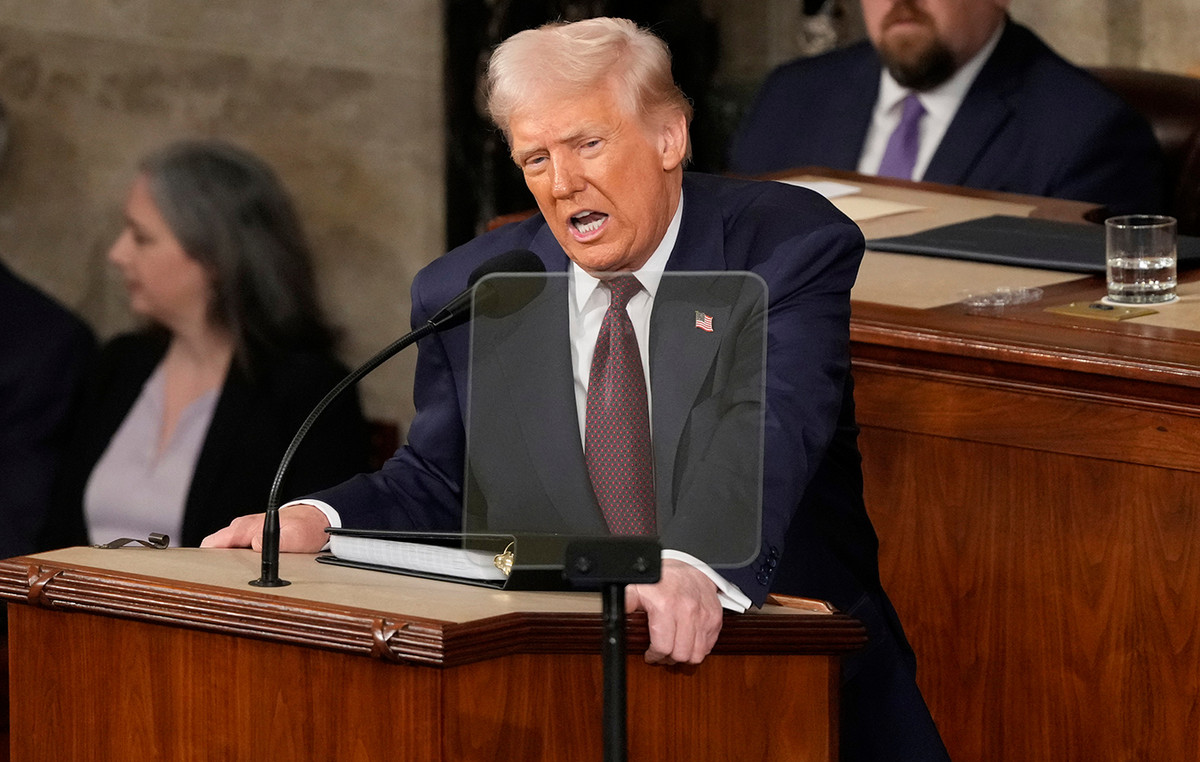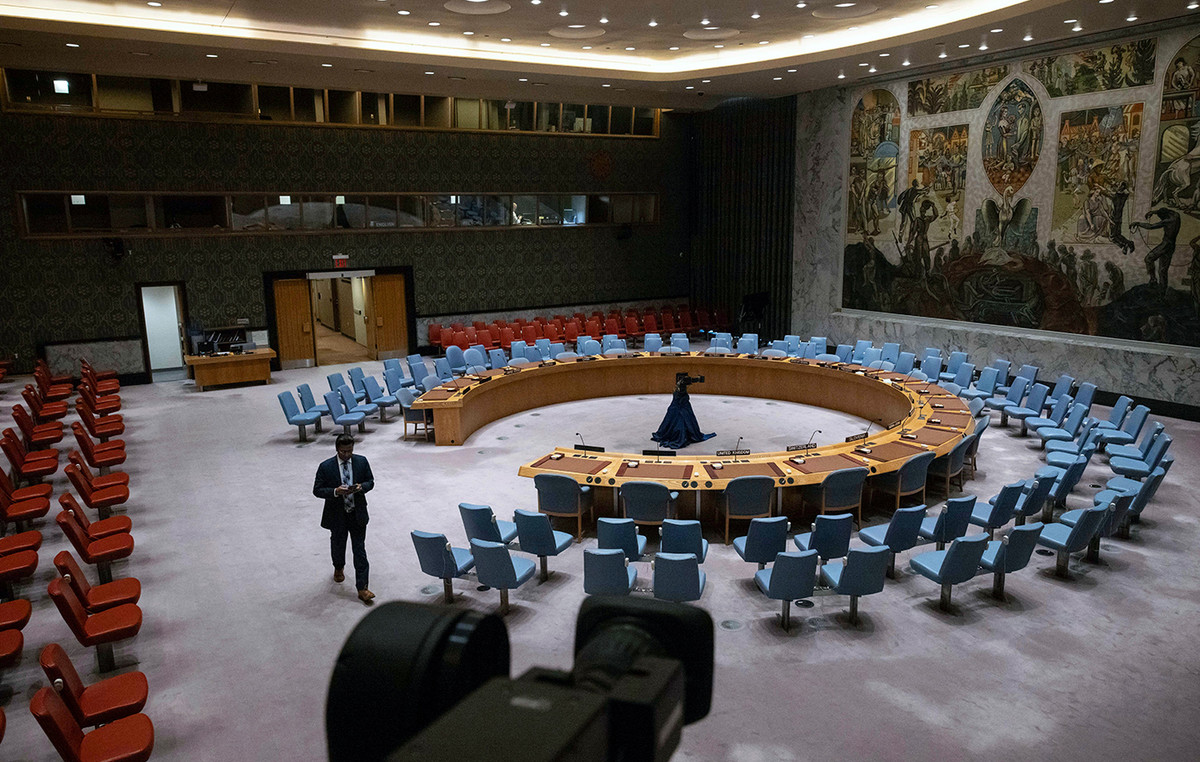Frustrated by yet another impasse, representatives from several countries were still slowly leaving the room where the UN Security Council meets, with its iconic horseshoe-shaped table and the mural with a painted phoenix emerging from the ashes, symbolizing the reborn world. of the Second World War.
The United States had just vetoed the first resolution drafted by Brazil that condemned Hamas’ terrorist attacks, called for self-restraint in Israel’s response and called for the creation of humanitarian corridors.
It was then that the French ambassador to the United Nations approached an experienced Brazilian diplomat. “Bon job”, praised the Frenchman, in an unusual mix of languages. And he added: “the resolution did not pass, but you showed why you deserve to be permanent members”.
Video — Mauro Vieira: The lack of UN consensus and action on the Israeli war is a “shame”
This is the predominant feeling in Itamaraty at the end of the long month in which Brazil held the rotating presidency of the Security Council. Before October began, the Ministry of Foreign Affairs had drawn up a roadmap of activities at the collegiate to demonstrate to the international community why Brazil’s request for a permanent seat should be taken seriously.
But there was a war along the way. Emergency meetings, a lot of sewing behind the scenes, conversations between world leaders. At Itamaraty, a conviction: Brazilian diplomacy left October greater than it entered.
In private conversations, we try to avoid the idea that it is a statement with no basis in reality. For example, Chancellor Mauro Vieira went to personally preside over some sessions of the Security Council in New York.
On Sunday (29), for example, the Minister of Foreign Affairs embarked again for the United States, in a “final effort” by the Brazilian presidency of the collegiate for a consensus resolution on the conflict between Israel and Hamas.
In one of the meetings with a foreign colleague, according to reports made to CNN Vieira heard that the Brazilian presidency in such a tumultuous month ended up being a “happy coincidence” for the collegiate.
“If it weren’t for you, we wouldn’t even have been able to have a balanced discussion,” Jordan’s Foreign Minister, Ayman Al-Safadi, was quoted as saying.
Balancing role
For experts, with the spotlight focused on the UN Security Council, Brazil managed to play a constructive and balancing role, by speaking to all actors and avoiding extreme positions.
“Brazil leaves much bigger than it entered and returns to prominence”, says Priscila Caneparo, PhD in International Law and professor at the Federal University of Paraná (UFPR). She sees the country, after this presidency of the collegiate, qualified for some role as an eventual mediator or facilitator of dialogue in the Middle East.
The series of failed attempts at a collegiate resolution on the Israel-Hamas conflict sheds light, according to experienced diplomats, on a fundamental discussion: the functionality of the Security Council at the UN.
Members of Itamaraty — who work in Brazil and abroad — assess, in a reserved manner, that the conflict has made the need for reform of the council even more evident.
Soon after the United States vetoed the resolution suggested by Brazil, on the 18th, the head of the Brazilian mission to the UN, ambassador Sérgio Danese, spoke to journalists about the functionality of the collegiate.
“I’ve been here for less than four months and this must be the fourth veto I’ve seen. It’s something that occurs with certain frequency because that’s what the veto is: it kills the majority,” he stated. That day, Brazil’s proposal had 12 votes in favor and two abstentions — it was blocked by the American veto.
Brazil is part of the G-4, a group that seeks a permanent seat on the UN Security Council and is also made up of Germany, Japan and India.
“The council needs a reform in its composition,” said Danese at the time. “It has a problem with representation, efficiency, legitimacy and working methods and rules that, evidently, make it in many moments ineffective and inexpressive.”
Source: CNN Brasil
Bruce Belcher is a seasoned author with over 5 years of experience in world news. He writes for online news websites and provides in-depth analysis on the world stock market. Bruce is known for his insightful perspectives and commitment to keeping the public informed.







